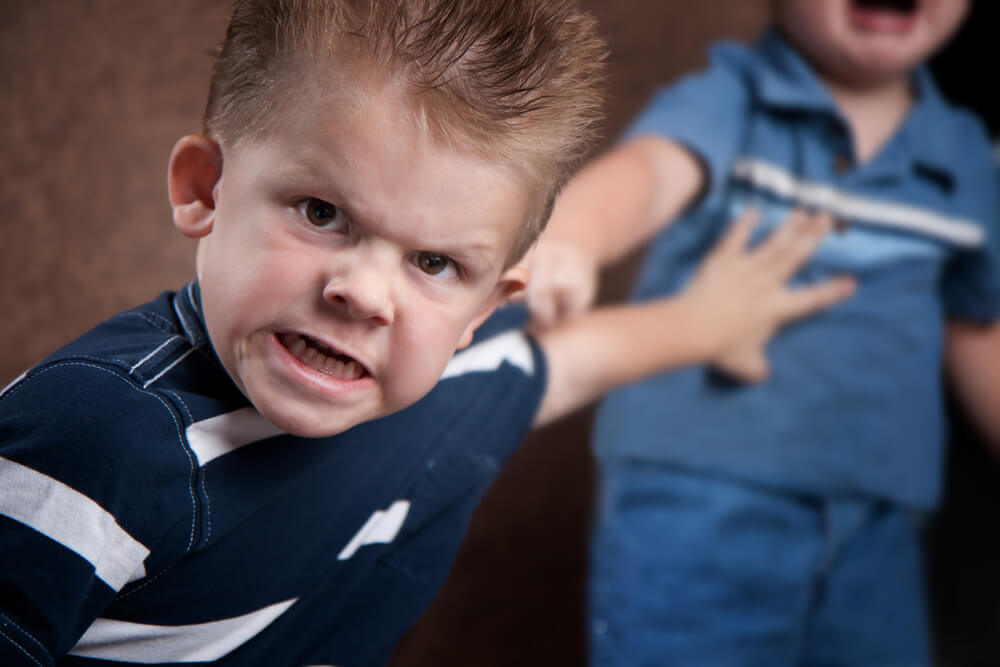Childhood psychopathy is a noteworthy disorder because it involves a high degree of destruction, a lot of aggression and a negative component for society, characteristics that need to be curbed early to avoid its devastating consequences.
It is important to study the adult manifestations of psychopathy, but it is also important to study how they are affected and how they develop, the truth is that we live in a society where rates of violence are always higher, in addition, the age of the onset of violent crimes is decreasing.
- The causes of childhood psychopathy are still unknown.
- Right now we are talking about explanatory hypotheses or partial theories.
- These theories explain only part of the problem.
- But they are not integrative.
There are biological theories that evoke the role of hormones, such as testosterone, or abnormalities of brain structures; on the other hand, learning theories highlight the importance of the consequences that a child full of abuse can have.
Social theories are added to these theories. These indicate a social change that has allowed ethical and moral principles to be relaxed, which would explain why psychopathic inclination is encouraged.
The most relevant theories today are interactive theories, these theories indicate that biological and genetic factors are responsible for the abnormalities suffered by psychopaths, in relation to their inability to feel empathy or certain emotions.
We should also look at the educational factors of childhood psychopathy: social factors and parent performance influence the child’s behavior; the environment in which the child lives can influence how he becomes a person living on the verge of legality or a serial killer.
The essential characteristics of psychopathic personality were described by Hare (2003).
However, a child who develops a psychopathic personality will exhibit persistent self-centeredness. In addition, it will demonstrate uncompromising demands on others. The child appears as an intimidating leader in his group of friends. This will increase as you grow, obeying only others. desire to satisfy their own interests.
In this sense, psychopaths begin to lie from a young time, their first victims are usually their parents, brothers or friends, in a particular situation they can learn to control their anger, but in the current situation they cannot maintain it. This allows parents to detect their strange personality.
Because it is a personality disorder, treatment options are limited; In the most complicated cases, treatment options can even be null and void, while in other less severe cases we can achieve a ‘reasonable life’.
In general expectations should not be maintained, it is unlikely that we will be able to make the child an integral, loyal person or obtain some of the qualities contrary to psychopathy, all we can do is control it moderately (Garrido Genovés, 2003).
The environment around the child and when parents or guardians perceive the existence of the disorder are two important aspects, the detection of the disorder and the consequent implementation of resources and treatments from the age of eight or nine greatly increases expectations of success.
Recommended reading: The psychopath: a chameleon in today’s society, by Vicente Garrido Genovés, Editorial Algar.

